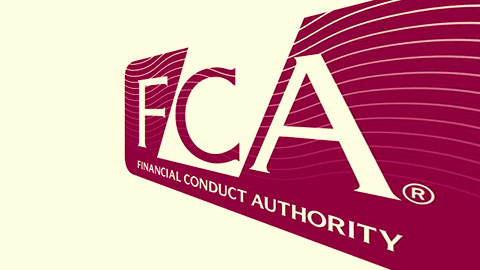The UK’s Financial Conduct Authority (FCA) has announced plans to promote tokenisation in asset management, highlighting its potential to drive innovation and growth in the sector.
The UK is recognized as a leading hub for asset management, with approximately 2,600 firms managing £14 trillion in assets. The FCA believes that as investment methods evolve, tokenisation—digital representations of assets on distributed ledger technology—can help asset managers innovate and maintain competitiveness.
According to a consultation paper, “Tokenised products could drive competition and increase choice for consumers, as well as open up new distribution channels for funds, including to those new to investing.”
Tokenisation presents opportunities to enhance efficiencies and reduce fund management costs, such as minimizing the expenses associated with data sharing and reconciliation among firms operating or distributing the funds.
To encourage the adoption of this technology, the FCA plans to issue guidance on operating tokenised fund registers in line with existing regulations through the UK Blueprint model. Additionally, it aims to create a streamlined, alternative dealing model that will allow fund managers to handle buy and sell transactions for both traditional and tokenised funds.
A roadmap is currently in development to advance fund tokenisation and tackle challenges like utilizing public blockchains and conducting transactions entirely on-chain.
Simon Walls, executive director of markets at the FCA, stated, “Tokenisation has the potential to drive fundamental changes in asset management, benefiting both the industry and consumers. The UK has the chance to be a world leader in this area, and we aim to provide asset managers with the clarity and confidence needed for implementation.”
Rahul Bhushan, global head of investment products at ARK Invest Europe, added, “Blockchain-based instruments, including stablecoins, can modernize settlement processes and responsibly broaden access, aligning with the FCA’s roadmap. However, successful adoption relies on clear regulatory alignment and responsible implementation to ensure transparency, interoperability, and investor confidence.”
